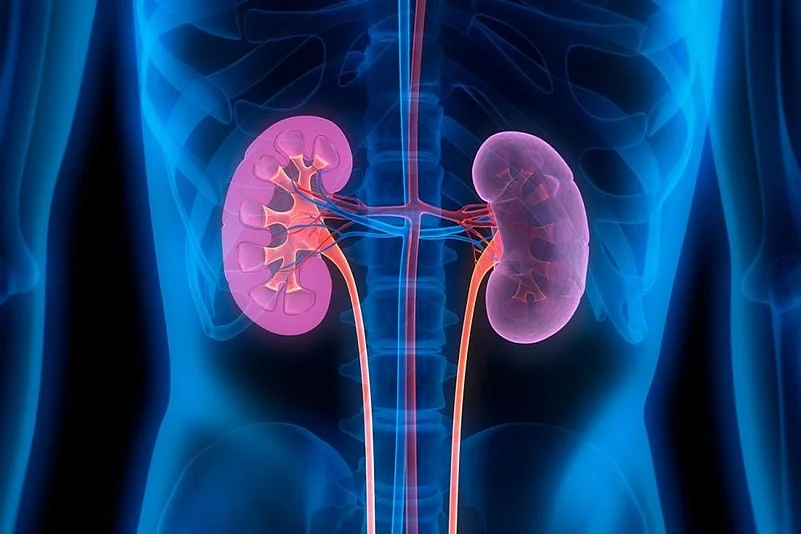Metabolic changes in the body related to the enzyme NAD, or nicotinamide adenine dinucleotide, could offer a therapeutic target for treating kidney diseases, according to a new study.
NAD, also referred to as the "helper molecule", levels were found to be low in diseased kidneys, studied by mapping metabolite changes in healthy and diseased mice and human kidneys, said the scientists from Perelman School of Medicine at the University of Pennsylvania, US.
However, an over the counter treatment in the study's mice exhibited an enhancement in NAD levels, thus proving that NAD could play an important role in kidney dysfunction and protection thereof, the study said. The work is published in the journal Nature Metabolism.
"We hope that this research can lead to improved care in the future. So when patients have metabolite changes, they can receive treatment before kidney disorders arise," said co-lead investigator Katalin Susztak, a professor of Nephrology at Penn Medicine.
In mice, the scientists showed that a common supplement, such as nicotinamide riboside or nicotinamide mononucleotide, could prevent kidney dysfunction by protecting the mitochondria, or the powerhouses, of kidney tubule cells. Kidney tubule cells are used to return critical filtered nutrients to the body's blood stream.
When the mitochondria in these cells are damaged, an inflammation pathway and development of kidney disease is activated. However, the NAD supplements suppressed the inflammation and prevented damage to the mitochondria, thereby, protecting the mice from kidney dysfunction.
"Identifying these downstream mechanisms that are sensitive to NAD is critical to understanding which conditions may benefit from NAD supplementation," said co-lead investigator Joseph Baur, a professor of Physiology at Penn.
Prior to this study, metabolomic studies, or studies related to metabolism, had not been used to investigate kidney diseases, the study said. With these findings, the study team hopes that their research will initiate further studies in this area as well as development of new pharmaceuticals to prevent and treat kidney disease.
















